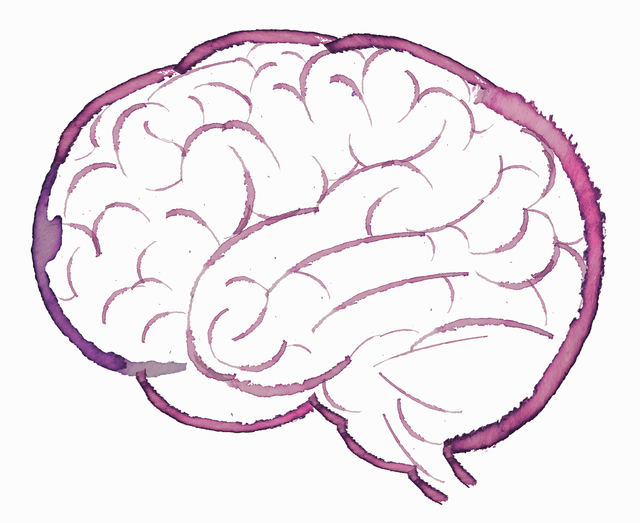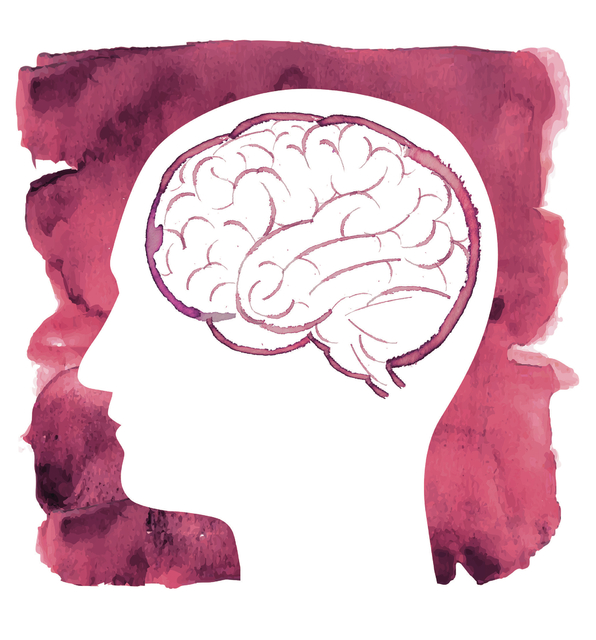Ruvo Center study of sommeliers suggests we might be able to build brain power
Could the intensive study sommeliers undergo to become masters of their craft build their brains as well as their body of knowledge?
A small preliminary study by researchers at the Cleveland Clinic Lou Ruvo Center for Brain Health indicates an impressive title may not be the only sweet reward for these wine experts.
In a 26-person study, 13 master sommeliers — who train for years to become experts in the tastes and aromas of wines — and 13 average Joes were given wine-sniffing and visual tasks while researchers scanned their brains using magnetic resonance imaging, or MRI, technology.
The study found activation differences between the brains of the sommeliers and nonsommeliers in areas dealing with smell and memory during testing.
In sommeliers’ brains, they also found enhanced volume in an area of the brain called the entorhinal cortex, which deals with memory and is believed to play a role in Alzheimer’s disease, signaling that it may be possible for adults to make alterations to the structure and function of their brains with appropriate training.
The thickness of the area correlated with the sommeliers’ years of experience, according to the study.
“Overall, these differences suggest that specialized expertise and training might result in enhancements in the brain well into adulthood. This is particularly important given the regions involved, which are the first to be impacted by many neurodegenerative diseases,” according to the study.
The paper was published in the open-access, peer-reviewed journal Frontiers in Human Neuroscience in late August.
The research, which began in late 2013, took about a year to design and complete, said Sarah Banks, head of the Ruvo center’s neuropsychology program and lead author on the study.
The study tested master sommeliers, of which there were about 220 worldwide at the time of the study.
In order to be classified as a master sommelier, a wine expert must pass several courses and exams overseen by the Court of Master Sommeliers, a regulatory body established in England in 1977.
To recruit from such a small, specialized group, Banks enlisted the help of Jay James, a master sommelier now based out of Napa, California, who worked at Southern Wine & Spirits of Nevada during study preparations.
“I just picked up the phone and called (sommeliers),” James said. “I don’t think I had anybody tell me they didn’t want to do it.”
Larry Ruvo, who partnered with the Cleveland Clinic to create the Ruvo center, is the senior managing director of Southern Wine & Spirits of Nevada.
During the research phase, the sommelier and control subjects performed two smell tests: One task asked them to distinguish between wine and nonwine smells, and the other pushed them to discern between red and white wines.
In a visual task, participants also differentiated between pixelated images of zebra patterns and fingerprints.
“Visual areas were more active in the sommeliers, and I was kind of stumped by that,” Banks said.
But according to her research and James’ experience, sommeliers often visualize ingredients in wine or even the study materials they used to learn about different wines while training to become experts.
“That’s really reflected in the brain activity in the scanner,” Banks said. “Their whole brain lit up. I think it’s really interesting to think about smell and memory because those are two things that we don’t necessarily tie together every day.”
A second paper taking a detailed look at some differences between the brains of sommeliers and other individuals is in the works, she said.
The findings of the published paper support the results of other research indicating people with expertise in a given area, say perfume or wine smells, may show differences in the areas of the brain relating to their specialties.
Researchers also suggested further study into the findings to assess whether differences in brain activity and the thickness of certain areas correlate with performance on memory tests.
Banks said the study was a unique opportunity to research a special subsection of the population and added that Las Vegas’ high-end dining scene made it a perfect place to do the research.
“There’s not many places in the world where you can study master sommeliers,” she said.
To James, who participated in the study, the early findings were a welcome discovery.
“The brain changes with training,” he said. “I think that’s something all of the masters felt intrinsically.”
Contact Pashtana Usufzy at pusufzy@reviewjournal.com or 702-380-4563. Follow @pashtana_u on Twitter.






















